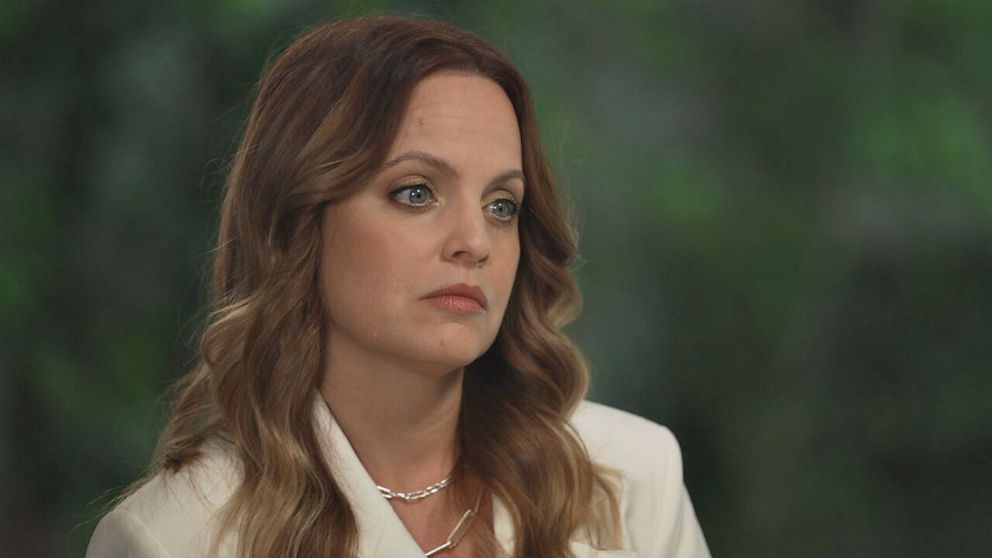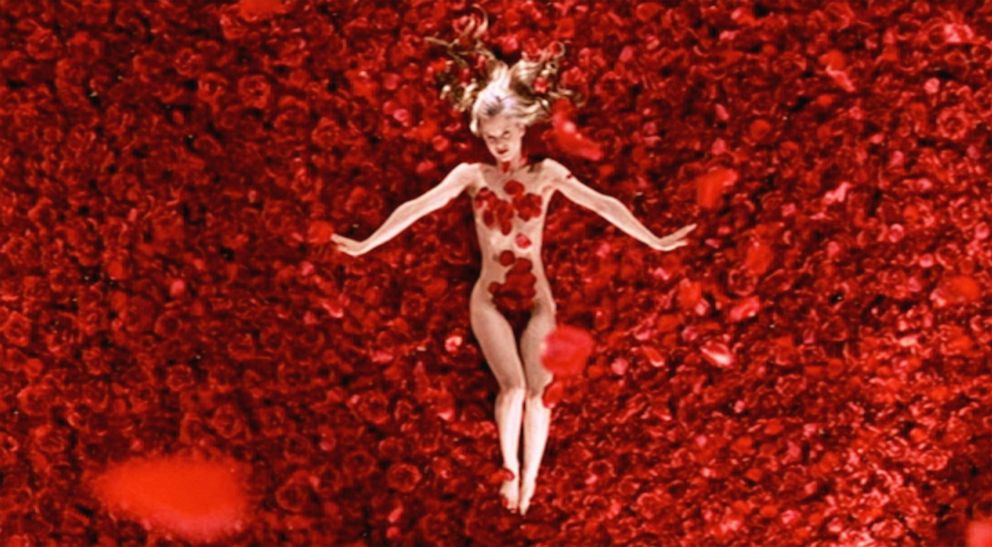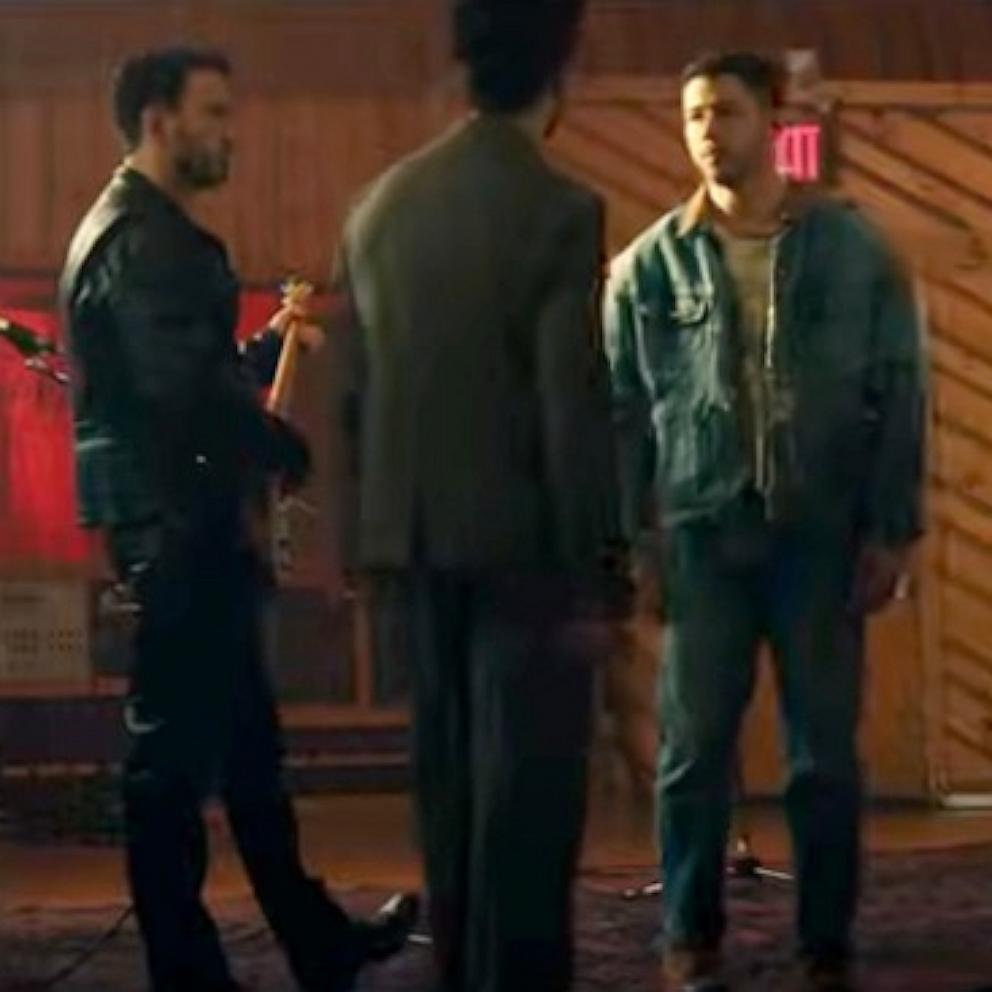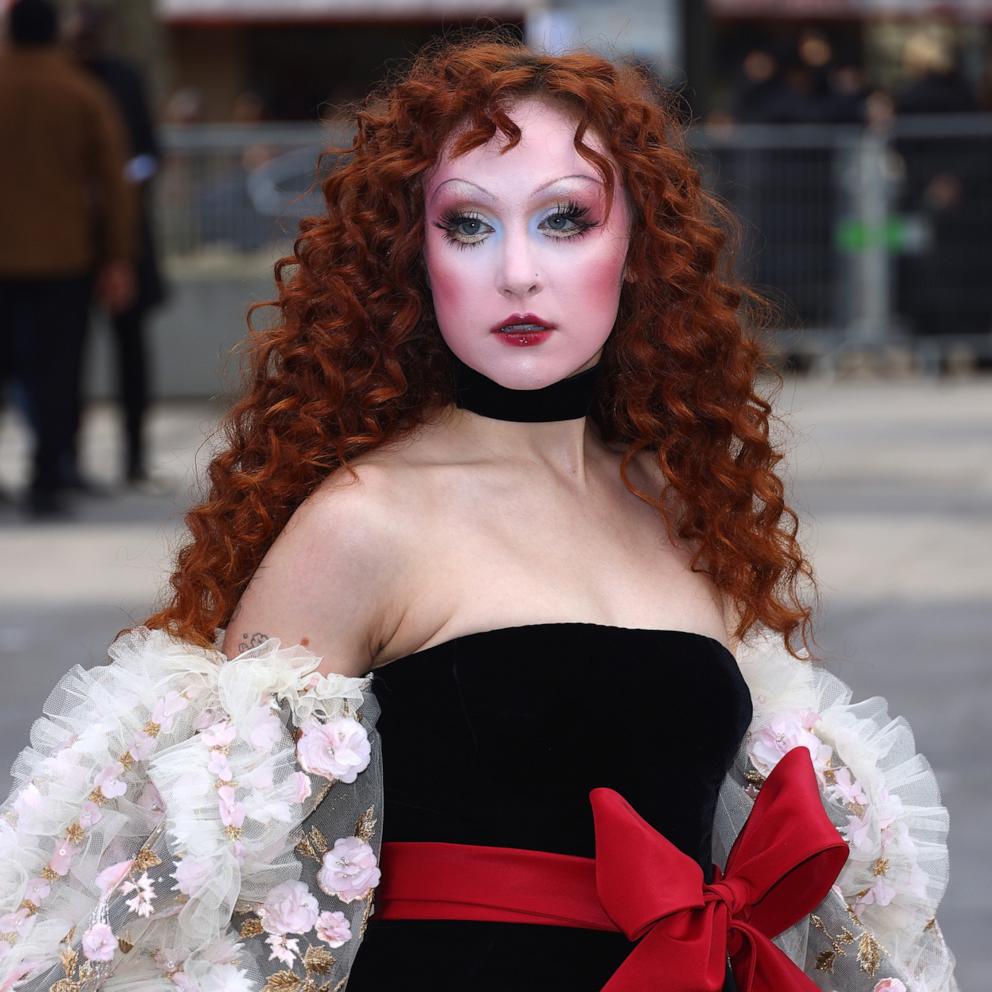Mena Suvari on finding hope after sexual assault, substance abuse
Mena Suvari had a breakout year in 1999, starring in the cult comedy classic "American Pie" and the five-time Oscar-winning "American Beauty." But inside she says she was "lost."
In her new book -- "The Great Peace: A Memoir," out Tuesday -- Suvari details her experiences with repeated sexual abuse and how she turned to drugs to deal with her reality.
Around the age of 13, Suvari said she lost her virginity when she was raped by a friend of one of her brothers. A few years later, soon after moving to Hollywood, she says she was taken advantage of again. Then, around the age of 17, she said she entered into a sexually and emotionally abusive three-year relationship.
Reflecting on her past traumas
"It still affects me. A part of me died that day, for sure. You're never the same," Suvari, now 42, told ABC News' Juju Chang of her rape. "I didn't have a voice, because I had used it. I had used that voice and nobody ever listened."
After he had written her love letters for a year, making her feel "adored," she says her brother's friend used her to get what he wanted and then "discarded" her. "You just feel alone," she said. "You don't think that those things are happening."

Suvari said what happened then was what really set her off on a "different path" and she wonders what her life would have been had she "never met that person."
To cope with her feelings and numb the pain, she turned to alcohol, marijuana and even meth. "You lose your mind on meth. You're in a completely different zone," she said. "It was labeled as the worst thing in the world, but it will make you feel like you can do absolutely anything. And I just thought, OK, you know? I had, like, nothing else to lose, I felt."
It was in an unhealthy relationship years later that Suvari said she felt "devalued" and losing control of her life caused her to "completely unravel." Luckily, she had something that allowed her to escape: acting.
How acting "saved my life"
Suvari said filming "American Pie" gave her "a whole sense of purpose." She said being on a film set gave her a place to go where she was considered "good enough" and was looked at as someone who "holds value."
Looking back on filming her iconic scene from "American Beauty," Suvari remembered being able to take home as many roses as she wanted and how that "didn't make the place any prettier where I was going."
Suvari said she lived in "squalor" and pointed out the "severe disconnect" of that fact with going to a "mega-million-dollar set."

The "Sugar & Spice" actress likened her life at the time of "American Pie" and "American Beauty," when she was just 20, as a double life, pretending to be OK at a time when she was "catapulted" into the spotlight. "I didn't even really know what fame was," she recalled. "It wasn't something that I had ever wanted for myself."
"Art saved my life, I believe, in a way," Suvari added. "It gave me a way to express myself -- an outlet -- being in a place where people were passionate about their work and were excited about life in general."
Both of her films did well that year, with Suvari noting, "I thought every movie made a hundred million dollars … that's how simple that mindset was for me."
"I didn't grow up watching the Oscars and thinking of these things … you know, researching scripts and being like, 'Oh my god, this is a role of a lifetime,'" she said. "Then it all just was like a tornado and all of a sudden … I was, like, recognized and famous. I didn't even know who I was."
How she found hope for the future
Suvari's journey to writing her memoir began when she found a suicide letter in an old diary, which truly put everything in perspective for her, she said. Had she gone through with it, she said she wouldn't have found happiness with her third husband, Michael Hope, and their son, Christopher, who was born in April and whom she refers to as her "little nugget."
"If I had done that [committed suicide] … I wouldn't be where I'm at and [Christopher] wouldn't be here," she said. "So I'm glad I held on. I held on for him."

Suvari found out she was pregnant around the time she had finished writing "The Great Piece: A Memoir," calling the moment "miraculous" because she had "felt like for so long my life was so dark." She said, "I never thought that … something so beautiful would happen for me -- for us. Something that I'd always hoped for."
With "The Great Piece: A Memoir," Suvari says she isn't interested in being a victim and instead "felt so completely compelled" to tell her story because she had enough of "pretending and hiding." And if it helps someone who reads it, that's a bonus.
"I've always sort of said if I could shave off a summer of suffering for someone, that I wanted to do that because I felt like I didn't have that person in my life," she said.
Suvari called the process of writing her book "liberating," adding, "I like living my life in an authentic way. That feels good to me. That works for me." As for how she would describe herself today, Suvari used the word "kaleidoscopic" and said she is still "a work in progress."
For anyone affected by abuse and needing support, call 1-800-799-7233, or if you're unable to speak safely, you can log onto thehotline.org or text LOVEIS to 1-866-331-9474.
If you or someone you know is in crisis, call the National Suicide Prevention Lifeline at 1-800-273-TALK (8255) or contact the Crisis Text Line by texting HOME to 741741.



